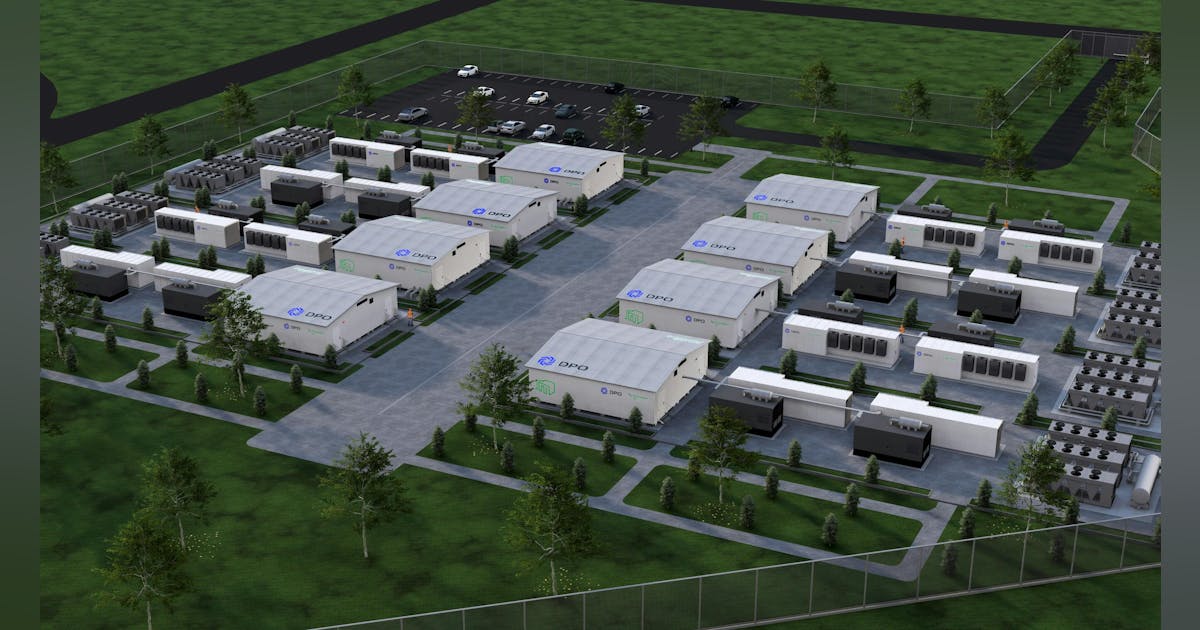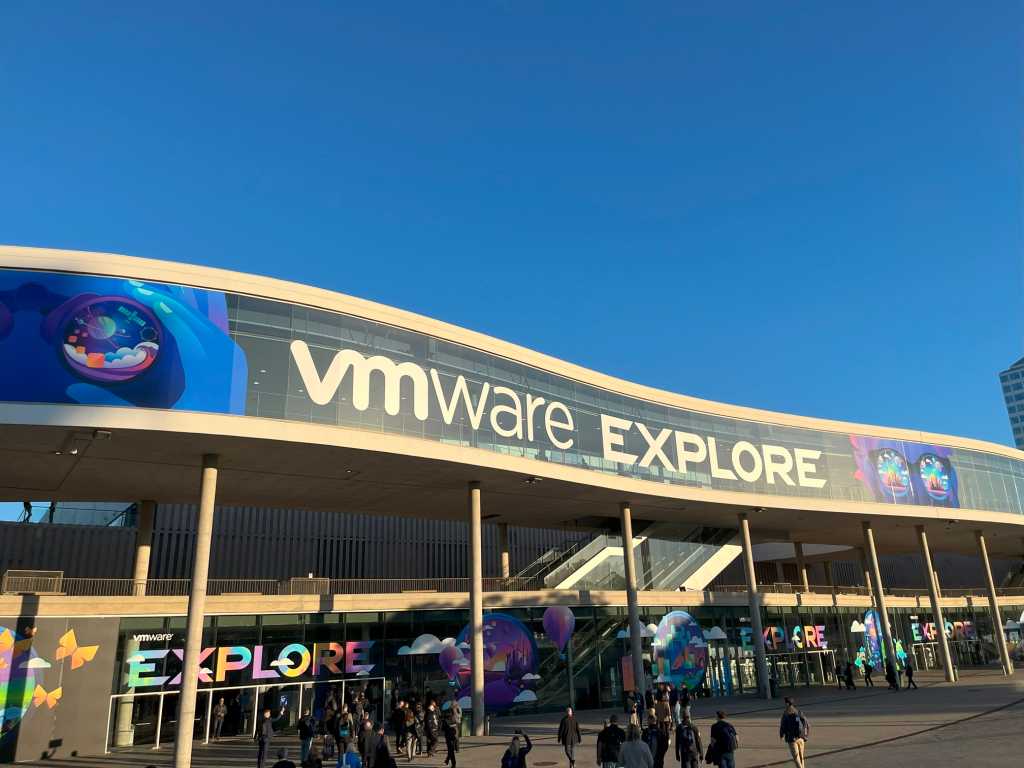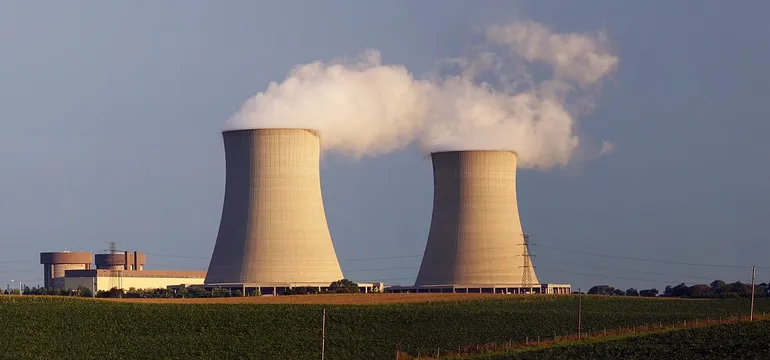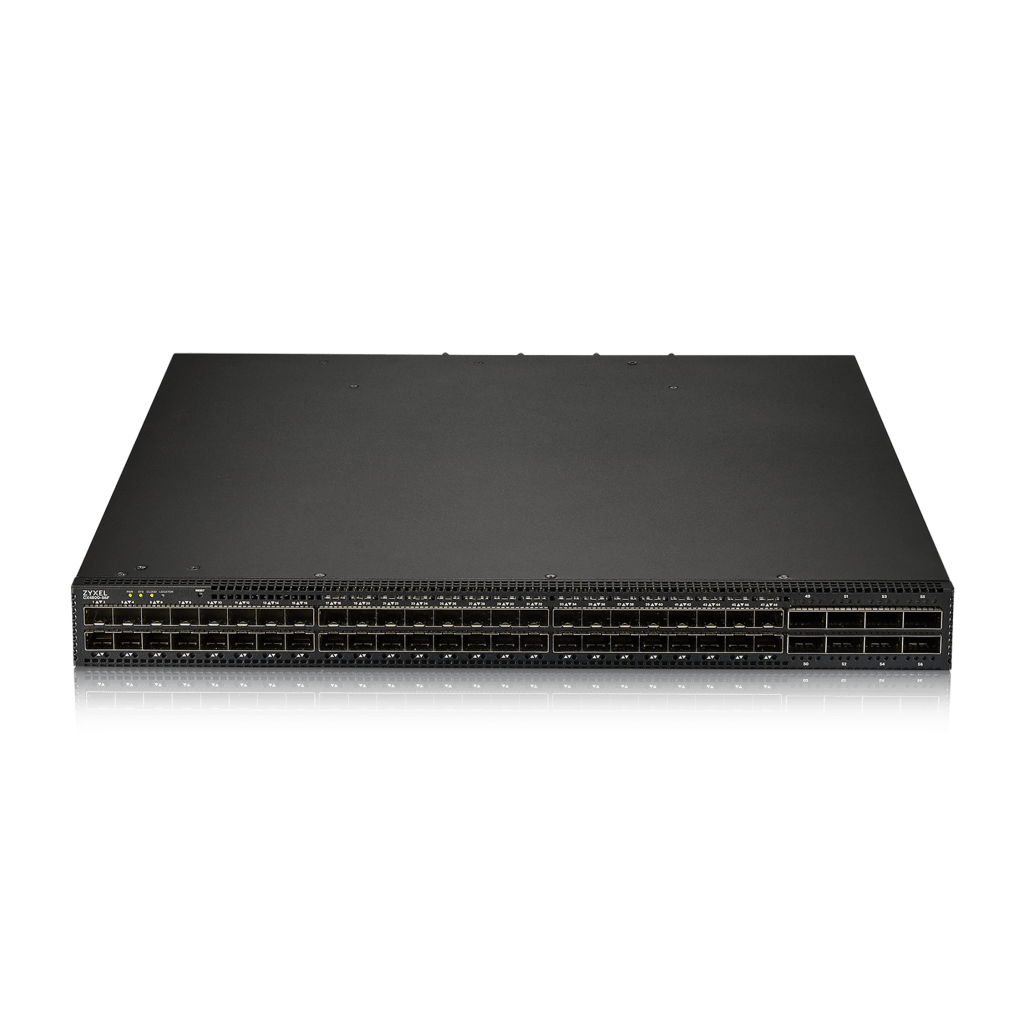
Land and Expand is a periodic feature at Data Center Frontier highlighting the latest data center development news, including new sites, land acquisitions and campus expansions. Here are some of the new and notable developments from hyperscale and colocation data center developers and operators about which we’ve been reading lately.
DPO to Develop $200 Million AI Data Center in Wisconsin Rapids; Strategic Partnership with Billerud’s CWPCo Unlocks Hydroelectric Power for High-Density AI Compute
Digital Power Optimization (DPO) is moving forward with plans to build a $200 million high-performance computing (HPC) data center in Wisconsin Rapids, Wisconsin. The project, designed to support up to 20 megawatts (MW) of artificial intelligence (AI) computing, leverages an innovative partnership with Consolidated Water Power Company (CWPCo), a subsidiary of global packaging leader Billerud.
DPO specializes in developing and operating data centers optimized for power-dense computing. By partnering with utilities and independent power producers, DPO colocates its facilities at energy generation sites, ensuring direct access to sustainable power for AI, HPC, and blockchain computing. The company is privately held.
Leveraging Power Infrastructure for Speed-to-Energization
CWPCo, a regulated utility subsidiary, has operated hydroelectric generation assets since 1894, reliably serving industrial and commercial customers in Wisconsin Rapids, Biron, and Stevens Point. Parent company Billerud is a global leader in high-performance packaging materials, committed to sustainability and innovation. The company operates nine production facilities across Sweden, the USA, and Finland, employing 5,800 people in over 19 countries.
The data center will be powered by CWPCo’s renewable hydroelectric assets, tapping into the utility’s existing 32 megawatts of generation capacity. The partnership grants DPO a long-term land lease—extending up to 50 years—alongside interconnection rights to an already-energized substation and a firm, reliable power supply.
“AI infrastructure is evolving at an unprecedented pace, and access to power-dense sites is critical,” said Andrew Webber, CEO of Digital Power Optimization. “With our agreements in place, we’re able to move quickly, avoiding the long lead times associated with greenfield development. Our model of repurposing underutilized energy assets positions us to bring capacity online significantly faster than traditional hyperscale projects.”
Webber emphasized that the sustained demand for high-density AI rack space will continue well into the 2030s, making speed-to-market a competitive advantage.
A Model for Sustainable Growth in Digital Infrastructure
The Wisconsin Rapids project represents a new approach to energy-efficient digital infrastructure. By integrating directly with CWPCo’s existing hydroelectric generation, the project maximizes renewable energy utilization while diversifying the utility’s customer base.
“This partnership allows us to optimize our energy resources while creating new economic opportunities for the region,” said Martin Burkhardt, Director of CWPCo. “The ability to attract cutting-edge technology while leveraging our existing assets is a win-win for both our company and the Wisconsin Rapids community.”
Supporting the Buildout
DPO has enlisted Stantec, a global leader in sustainable engineering and design, to provide consulting and engineering services. The company is actively working with city and state officials to finalize permitting ahead of construction.
The pre-development phase has been backed by a consortium led by Salutem Capital, a New York-based family office with a strong investment focus on AI, digital infrastructure, and transformative technologies.
“The AI revolution is fueling massive demand for advanced compute capacity, and DPO is proving its ability to execute in this space,” said Justin and Cameron Adelipour, Managing Partners at Salutem Capital. “This project is a testament to DPO’s strategic vision and ability to deliver next-generation infrastructure solutions.”
DPO expects to bring the facility online in 2026, reinforcing Wisconsin Rapids as an emerging hub for AI-driven digital infrastructure.
Microsoft Pauses $3.3 Billion Wisconsin Data Center Amid Strategic Review
In May 2024, Microsoft unveiled an ambitious $3.3 billion investment to transform Southeast Wisconsin into a hub for artificial intelligence and cloud computing. This initiative included the construction of a state-of-the-art data center campus in Mount Pleasant, aimed at bolstering the company’s AI and cloud infrastructure. The project was poised to create approximately 2,300 construction jobs by 2025 and establish 2,000 permanent positions over time.
However, by January 2025, Microsoft announced a strategic pause on portions of the development. The company stated that it was reassessing its plans for the second phase of the Mount Pleasant data center to evaluate the scope and consider recent technological advancements that might influence the facility’s design. Despite this pause, Microsoft reaffirmed its commitment to the project, emphasizing that the first phase remained on track for completion within the year.
Local officials in Mount Pleasant expressed confidence that the temporary halt would not impact the overall scope or nature of the project. Sean Ryan, a spokesperson for the village, noted, “We have no reason to believe this will affect the overall scope or nature of Microsoft’s project.”
Such news developments underscore the dynamic nature of the data center industry, where rapid technological advancements necessitate continual reassessment and adaptation of infrastructure projects to meet evolving demands.
JLL Secures Over $1.2 Billion in Construction Financing for BlackChamber Group’s Northern Virginia Data Center Expansion
JLL’s Capital Markets group has arranged more than $1.2 billion in construction financing to support The BlackChamber Group’s continued expansion in Northern Virginia, the world’s largest data center market. The funds will drive the development of four hyperscale powered shell campuses, collectively designed to deliver over 740 megawatts of capacity.
The financing is part of BlackChamber’s broader Northern Virginia development strategy, which encompasses eight campuses with a combined potential of nearly 1.5 gigawatts of capacity across more than six million square feet. JLL’s Capital Markets Debt Advisory team, led by Jamie Leachman, Senior Managing Director and Co-Head of the firm’s Washington, D.C. office, and Drake Greer, Senior Director within JLL’s National Data Center Capital Markets team, advised BlackChamber on the transactions.
The BlackChamber Group is a purpose-built, vertically integrated data center developer and SEC-registered investment adviser headquartered in Washington, D.C. Designed to serve as an optimized real estate partner for the world’s leading hyperscale technology firms, BlackChamber brings deep industry expertise and a proven track record of delivering scalable, high-performance data center solutions.
“Against a dynamic and challenging market backdrop, JLL leveraged its relationships, creativity, and expertise to drive seamless and unrelenting execution with a variety of different lenders, ultimately delivering value-accretive and strategically beneficial financing solutions,” said Conley Patton, Managing Partner at BlackChamber.
Unyielding Demand for Data Center Capacity in Northern Virginia
Northern Virginia’s data center market continues to outpace global competitors, with more than 4.6 gigawatts of capacity as of the first half of 2024. The region saw an unprecedented 1.3 gigawatts of absorption in 2024, closing the year with a vacancy rate of just 0.4%. With over 5.8 gigawatts of additional development in the pipeline, the market remains at the forefront of digital infrastructure expansion.
“We are seeing incredible demand for data centers, with a consistent appetite from Cloud, AI, and Enterprise tenants,” said Leachman. “This demand has driven increased attention from a variety of capital sources.”
JLL’s Greer added that BlackChamber’s recent financing activity underscores the evolving nature of data center capital markets. “What was once a niche alternative asset class has become a primary focus for institutional capital. The diversity of lenders in these transactions—including bank balance sheets, infrastructure funds, and private credit vehicles backed by insurance capital—demonstrates the strong investment appetite for data centers.”
JLL’s Capital Markets group provides a full spectrum of financial solutions for real estate and infrastructure investors. Its National Data Center Capital Markets team, led by Senior Managing Director Carl Beardsley, continues to be a key advisor in facilitating large-scale data center financing transactions.
Prologis Charts Ambitious 10 GW Data Center Expansion Over the Next Decade; Industrial REIT Eyes Long-Term Growth in Digital Infrastructure
Prologis, the global leader in logistics and industrial real estate, is making a major push into the data center sector, outlining a plan to develop 10 gigawatts of capacity over the next ten years. The company’s expansion strategy builds upon its growing pipeline of data center projects, reflecting its deepening commitment to digital infrastructure.
A Growing Data Center Pipeline
During a recent earnings call, Prologis President Dan Letter provided an update on the company’s expanding data center footprint. Prologis currently has 1.4 gigawatts of secured power for data center development and an additional 1.6 gigawatts in advanced stages of procurement. The company has also submitted applications for another 1.5 gigawatts, bringing its near-term pipeline to 4.5 gigawatts.
“But all in, it’s 10 GW over the next ten years,” Letter said. “And that doesn’t even touch upon the universe of opportunities. This is coming from a portfolio of 6,000 buildings and 15,000 acres of land that we own or control. So the universe of opportunities is much greater than that.”
Strategic Partnerships and Monetization Considerations
Prologis entered the data center space during the COVID-19 pandemic and has frequently partnered with Skybox Datacenters to build facilities that are then leased or sold to hyperscalers and other operators.
One of the latest examples is the sale of a powered shell data center in Elk Grove, Illinois. Initially developed as a logistics asset, the site was converted into a powered shell before Prologis secured a build-to-suit turnkey transaction with a hyperscaler last fall. The project was ultimately sold to asset manager HMC Capital.
“Elk Grove started out being a powered shell and ended up being a turnkey,” said CEO Hamid Moghadam. “That will maybe increase the capital spend by a factor or two.”
As the company scales its data center business, it is actively considering how to structure its long-term investment strategy in the sector.
“We have not yet made the decision as to what we’re going to do with the capitalization of our data center business long term,” Moghadam said. “The current thinking is that we are a developer, and that we’ll monetize and sell these assets upon completion. And we use the capital that they generate as a way of expanding our core logistics business. That’s the strategy today.”
He noted that Prologis may consider expanding its strategy to include fund management, either through a dedicated fund or by integrating data center investments into its existing open-end funds. However, he emphasized that the company has no plans to hold a 100% interest in data centers on its balance sheet due to the capital-intensive nature of the asset class.
“One thing we will not do is hold 100 percent interest in data centers on our balance sheet because the capital requirements of that are going to be—even for us—pretty significant,” he said.
Leadership and Industry Expertise
Prologis’ data center initiatives are led by industry veteran Chris Curtis, co-founder of Compass Datacenters, who joined the company last year to drive its digital infrastructure expansion. With a deep bench of expertise and a robust development pipeline, Prologis is positioning itself as a key player in the future of hyperscale and powered shell data center development.
Prologis’ deep real estate portfolio and strategic approach to monetizing digital infrastructure place it in a strong position to support hyperscale expansion while fueling its core logistics business. As data center demand continues to surge, the company’s long-term strategy and development pipeline will be closely watched by industry stakeholders.



















